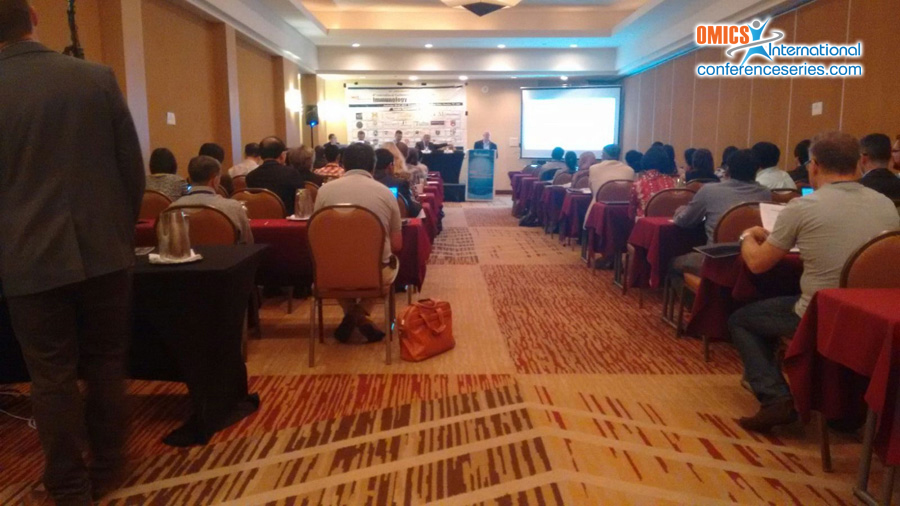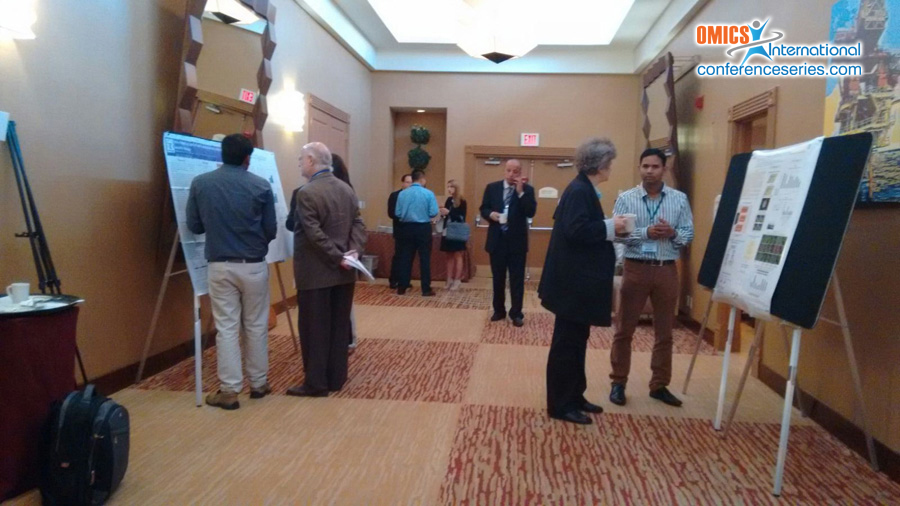S Catherine Alexander
Jayaraj Annapackiam College for Women (Autonomous), India
Title: Immunotoxicity of industrial effluents in fin fish: An alternative animal model for immunotoxicological studies
Biography
Biography: S Catherine Alexander
Abstract
Immunotoxicity is simply defined as the study of the interaction of xenobiotics with the immune system, a definition which incorporates the ability of chemicals both to compromise immune function and to produce specific tissue damage or allergy. The immune responses to chronic exposures to specific immunotoxicological contaminants can be monitored and correlated to disease resistance and overall health. Even very low sub lethal doses of contaminants can have profound effects upon the structure and/or function of the immune system that could be almost as harmful as direct toxic doses, when a disease outbreak occurs. Fish and their immune system may also represent an important scientific tool in the monitoring of environmental quality, particularly immunotoxic environmental pollution. Only in the last few years environmental toxicologists have started to consider effects of aquatic pollution on the immune competence of fish. The impact of contaminants and other environmental factors on the immune system of fish and shellfish is an issue of ecological and economical concern, because it may result in clinical pathology and disease, by increasing the susceptibility of affected organisms to pathogens. Hence, the present study is aimed at investigating the direct effect of sub lethal concentrations of industrial effluents in the nearby areas (tannery industry, coffee industry and electroplating industry) on the specific immune response in terms of antibody level and nonspecific immune mechanisms in terms of serum lysozyme activity, anti protease activity and myeloperoxidase activity and disease resistance against live virulent fish pathogens in selected fin fish species. The results of this study re-emphasize the importance of integration of immunological assays into environmental monitoring with reference to industrial effluents. It also demonstrates the sensitivity of immune mechanisms in relation to environmental contamination, indicating their possible use as immunological indicators.
Speaker Presentations
Speaker PDFs
Speaker PPTs Click Here



